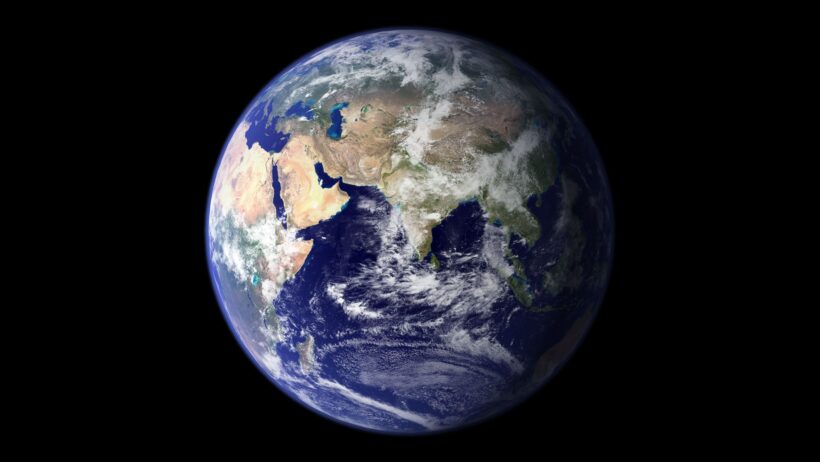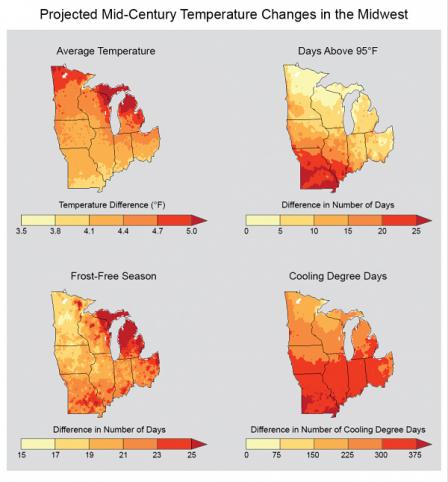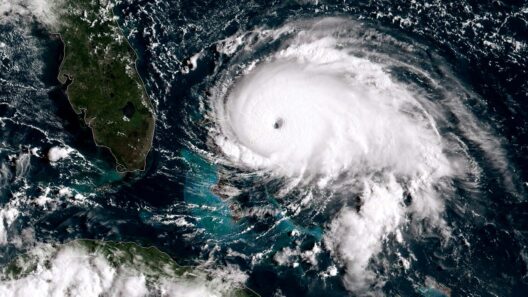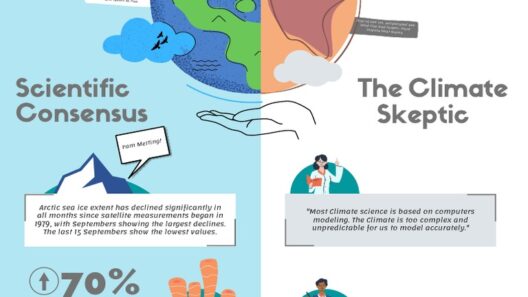As discussions surrounding climate change intensify, a common, yet alarming observation emerges—could global warming transform Earth into a hellscape reminiscent of Venus? This contemplation does not arise from mere speculation; it is rooted in scientific insights derived from our understanding of planetary atmospheres and their transformations. The juxtaposition of Earth and Venus serves as a potent metaphor for the potential consequences of unchecked climate change.
Venus, often referred to as Earth’s twin due to its similar size and proximity, presents a stark contrast when it comes to habitability. With a surface temperature soaring above 800 degrees Fahrenheit and atmospheric pressure equivalent to being nearly a mile underwater, Venus is a prime example of a runaway greenhouse effect. This phenomenon is characterized by an atmosphere thickened with carbon dioxide, which traps heat and creates an inhospitable environment. As the daunting reality of anthropogenic climate change unfolds, parallels between Earth’s trajectory and Venus’s harrowing state provoke profound concern.
The fundamental mechanics of the greenhouse effect are critical to understanding this potential transformation. On Earth, greenhouse gases such as carbon dioxide, methane, and nitrous oxide play a vital role in maintaining a temperature conducive to life. These gases allow sunlight to penetrate the atmosphere while preventing some of it from escaping back into space. However, human activities, chiefly fossil fuel combustion and deforestation, have dramatically escalated the concentration of these gases since the Industrial Revolution, leading to rising global temperatures.
A striking aspect of Venus’s atmosphere is its seemingly inhospitable consistency. The overwhelming presence of carbon dioxide—over 96%—creates an intense greenhouse effect that has amplified temperatures to lethal levels. In contrast, Earth maintains a delicate balance. Yet, scientists caution against complacency; with our current trajectory, this balance is increasingly jeopardized. The Earth has already warmed by approximately 1.2 degrees Celsius since the late 19th century, and forecasts suggest that it could surpass 2 degrees Celsius by the end of this century if drastic measures are not undertaken.
Temperature increases do not occur in isolation. They catalyze a series of complex feedback loops that amplify warming. For instance, as polar ice caps melt, less sunlight is reflected from the Earth’s surface—this effect, known as albedo loss, leads to further warming. Moreover, as permafrost thaws, it releases stored methane, a gas significantly more potent than carbon dioxide in terms of heat retention. These interconnections underscore the fragility of Earth’s climate system and hint at a precarious future where conditions reminiscent of Venus could emerge.
However, the fascination with the potential metamorphosis of Earth into a Venusian-like world lies beyond mere scientific curiosity. It serves as a poignant cautionary tale about the ramifications of our existing practices. By observing Venus, we are prompted to reflect on our stewardship of the planet. This reflection incites a sense of urgency; the notion that a once habitable Earth could devolve into an unrecognizable landscape fuels a compelling narrative in environmental discourse.
Moreover, the exploration of Venus reveals critical insights that can inform our understanding of Earth’s future. For instance, scientists are investigating the hypothesis that Venus was once a temperate planet with conditions conducive to life. A “mysterious event”—perhaps a cataclysmic volcanic episode or rapid atmospheric changes—imposed irreversible changes on its climate, leading to its current state. This notion accentuates the inherent vulnerabilities of planetary systems, making it evident that irreversible damage can occur with alarming rapidity.
Addressing climate change requires a multifaceted approach that encompasses technological innovation, policy transformation, and cultural shifts. Renewable energy sources, such as solar and wind, offer promising alternatives to fossil fuels, reducing greenhouse gas emissions. Moreover, conservation efforts aimed at preserving and restoring ecosystems can enhance biodiversity and improve carbon capture. Transitioning to a circular economy, where resources are reused rather than discarded, can also mitigate environmental impacts.
Public awareness and education are crucial components of this transition. Engaging communities in understanding the direct link between their actions—such as consumption patterns and energy use—and climate outcomes fosters a collective sense of responsibility. Grassroots movements and advocacy can create momentum for policy shifts that prioritize sustainability and environmental protection. The narrative crafted by the transformation of Earth into Venus must serve as an allegorical guide, urging humanity to rise to the occasion before it is too late.
As we navigate the complexities of climate change, the specter of a Venus-like environment emphasizes the urgency of collective action. Humanity stands at a precipice; the decisions made today will resonate through centuries. The allure of understanding Venus is not merely scientific; it is a call to arms for environmental stewardship. Ignoring this call risks not just the eventuality of a planet that mirrors Venus, but the erasure of an irreplaceable legacy—our home, Earth.
In conclusion, the contemplation of whether global warming could metamorphose Earth into something akin to Venus is a powerful motivator for change. It serves as a reminder of the delicate interplay between human actions and planetary health. Recognizing this connection might be the key to restoring balance and ensuring a sustainable future, where Earth continues to flourish as a sanctuary for life.







